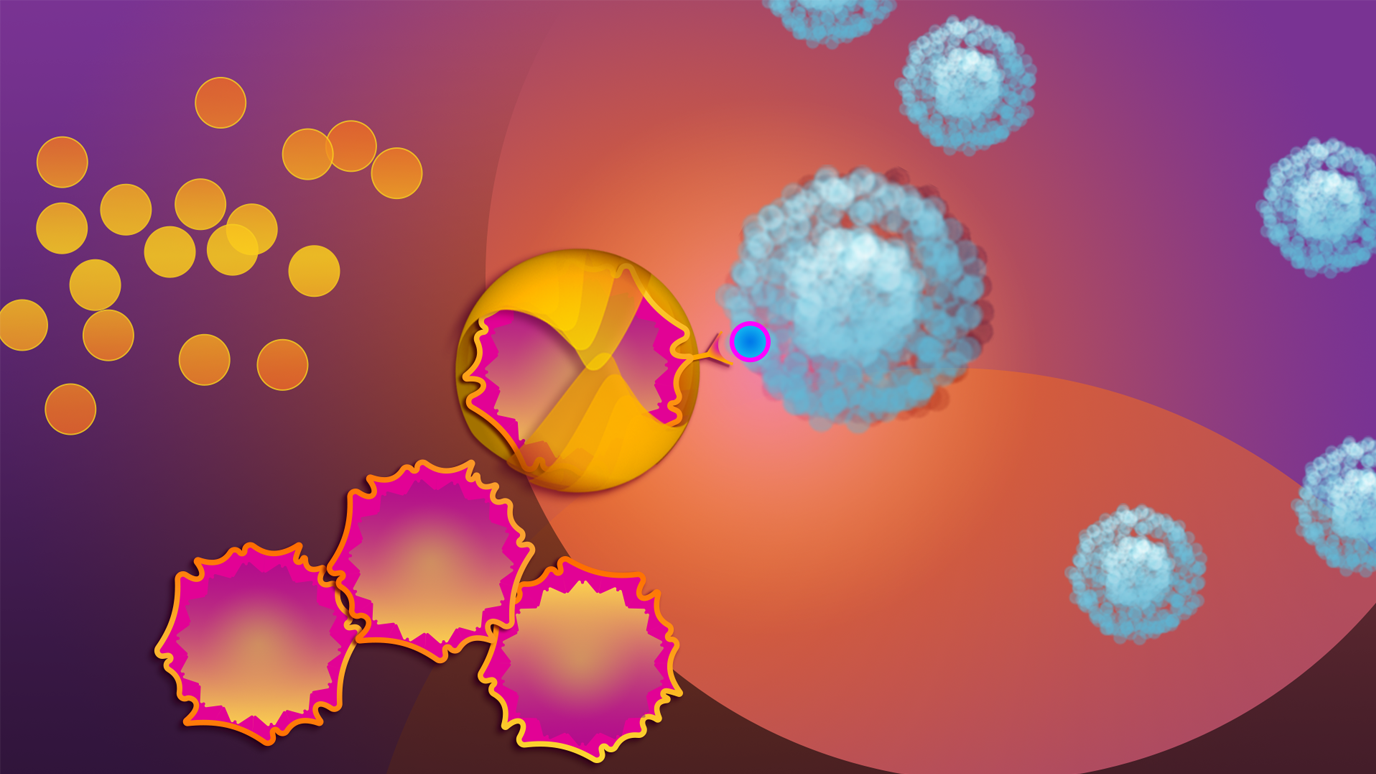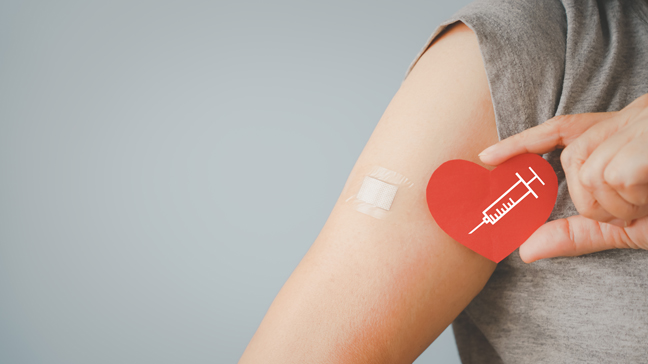- Diseases
- Acoustic Neuroma (14)
- Adrenal Gland Tumor (24)
- Anal Cancer (66)
- Anemia (2)
- Appendix Cancer (16)
- Bile Duct Cancer (28)
- Bladder Cancer (68)
- Brain Metastases (28)
- Brain Tumor (228)
- Breast Cancer (716)
- Breast Implant-Associated Anaplastic Large Cell Lymphoma (2)
- Cancer of Unknown Primary (4)
- Carcinoid Tumor (8)
- Cervical Cancer (154)
- Colon Cancer (164)
- Colorectal Cancer (110)
- Endocrine Tumor (4)
- Esophageal Cancer (42)
- Eye Cancer (36)
- Fallopian Tube Cancer (6)
- Germ Cell Tumor (4)
- Gestational Trophoblastic Disease (2)
- Head and Neck Cancer (6)
- Kidney Cancer (124)
- Leukemia (344)
- Liver Cancer (50)
- Lung Cancer (288)
- Lymphoma (284)
- Mesothelioma (14)
- Metastasis (30)
- Multiple Myeloma (98)
- Myelodysplastic Syndrome (60)
- Myeloproliferative Neoplasm (4)
- Neuroendocrine Tumors (16)
- Oral Cancer (100)
- Ovarian Cancer (170)
- Pancreatic Cancer (166)
- Parathyroid Disease (2)
- Penile Cancer (14)
- Pituitary Tumor (6)
- Prostate Cancer (144)
- Rectal Cancer (58)
- Renal Medullary Carcinoma (6)
- Salivary Gland Cancer (14)
- Sarcoma (236)
- Skin Cancer (294)
- Skull Base Tumors (56)
- Spinal Tumor (12)
- Stomach Cancer (60)
- Testicular Cancer (28)
- Throat Cancer (90)
- Thymoma (6)
- Thyroid Cancer (98)
- Tonsil Cancer (30)
- Uterine Cancer (78)
- Vaginal Cancer (14)
- Vulvar Cancer (18)
- Cancer Topic
- Adolescent and Young Adult Cancer Issues (20)
- Advance Care Planning (10)
- Biostatistics (2)
- Blood Donation (18)
- Bone Health (8)
- COVID-19 (362)
- Cancer Recurrence (120)
- Childhood Cancer Issues (120)
- Clinical Trials (622)
- Complementary Integrative Medicine (24)
- Cytogenetics (2)
- DNA Methylation (4)
- Diagnosis (226)
- Epigenetics (6)
- Fertility (62)
- Follow-up Guidelines (2)
- Health Disparities (14)
- Hereditary Cancer Syndromes (122)
- Immunology (18)
- Li-Fraumeni Syndrome (8)
- Mental Health (118)
- Molecular Diagnostics (8)
- Pain Management (62)
- Palliative Care (8)
- Pathology (10)
- Physical Therapy (18)
- Pregnancy (18)
- Prevention (890)
- Research (388)
- Second Opinion (74)
- Sexuality (16)
- Side Effects (602)
- Sleep Disorders (10)
- Stem Cell Transplantation Cellular Therapy (216)
- Support (404)
- Survivorship (322)
- Symptoms (184)
- Treatment (1768)
COVID-19 revaccination needed after stem cell transplants and CAR T cell therapy
2 minute read | Published November 08, 2021
Medically Reviewed | Last reviewed by an MD Anderson Cancer Center medical professional on November 08, 2021
If you’re a cancer patient who was fully vaccinated against COVID-19 before having a stem cell transplant or receiving a CAR T cell infusion, take note.
The Centers for Disease Control and Prevention (CDC) has issued a new recommendation for you — and it means starting all over again when it comes to COVID-19 vaccination.
New guidance adopted to protect stem cell transplant and CAR T cell therapy patients
The CDC’s new recommendation states that anyone who was fully vaccinated against COVID-19 before receiving a stem cell transplant or CAR T cell therapy should begin the vaccination process again from scratch — ideally, three months after either procedure.
“We know that stem cell transplant patients and CAR T cell recipients are particularly immunocompromised, because they get high-dose chemotherapy to suppress their immune systems,” says Roy Chemaly, M.D., MD Anderson’s Chief Infection Control Officer. “So, if they got vaccinated prior to that, then they’re going to lose that protection.”
New guidance applies only to a small group of patients
The new guidance applies only to patients who received a stem cell transplant or CAR T cell therapy after being vaccinated for COVID-19. But it’s critical for anyone to whom the recommendation does apply to follow it quickly — and to get re-vaccinated as soon as possible.
“Even three months is a little early for most stem cell transplant recipients, because they don’t have a fully functional immune system yet,” Chemaly says. “But we don’t want them to wait any longer, because they’re already at higher risk of developing complications if they catch COVID-19.”
Patients should try to obtain the same brand of vaccine they did originally — whether it’s Johnson & Johnson’s Janssen single-dose shot, or both doses of a two-dose mRNA regimen from either Pfizer/BioNTech or Moderna.
“You never know how people are going to react to something,” Chemaly notes. “But if you did fine with it the first time, there’s no reason to believe that you’ll respond any differently now.”
Plan to receive the recommended third dose, if needed
Anyone who’s been re-vaccinated with the Moderna or Pfizer vaccine, whether due to a stem cell transplant or a CAR T cell therapy, should also plan on receiving the recommended third dose 28 days later. Anyone who gets revaccinated with the J&J vaccine should plan to get the booster shot two months later. Talk to your care team about the best time to receive it.
“If your immune system is slow to respond, it may not be able to mount an adequate defense against COVID-19,” says Chemaly. “When patients need steroids to reduce certain side effects, it can suppress their immune systems even more. So, it may take you even longer to recover, and to respond robustly to any given vaccine.”
Request an appointment at MD Anderson online or by calling 1-877-317-1304.
Related Cancerwise Stories

If you did fine with it the first time, there’s no reason to believe that you’ll respond any differently now.
Roy Chemaly, M.D.
Chief Infection Control Officer





